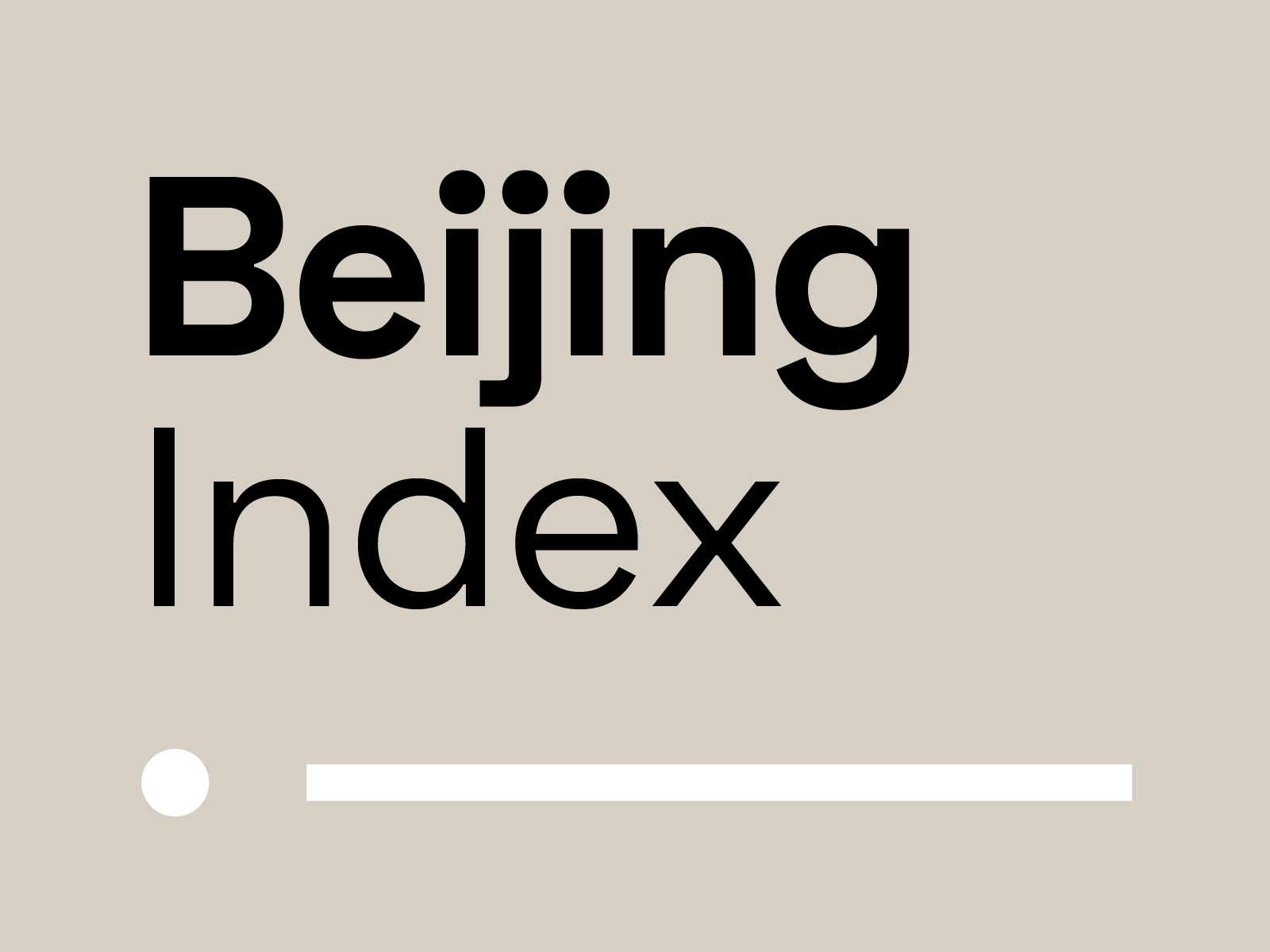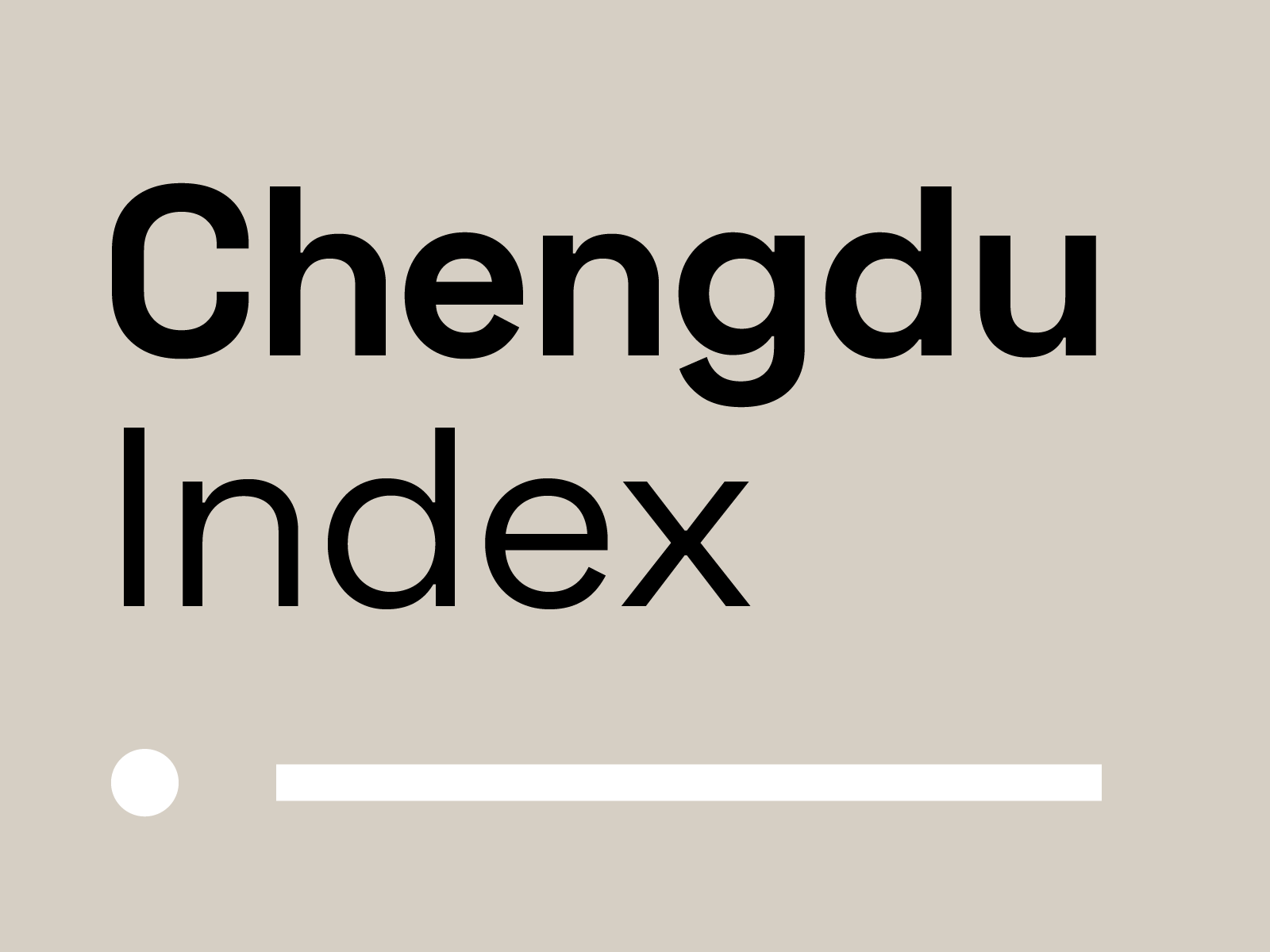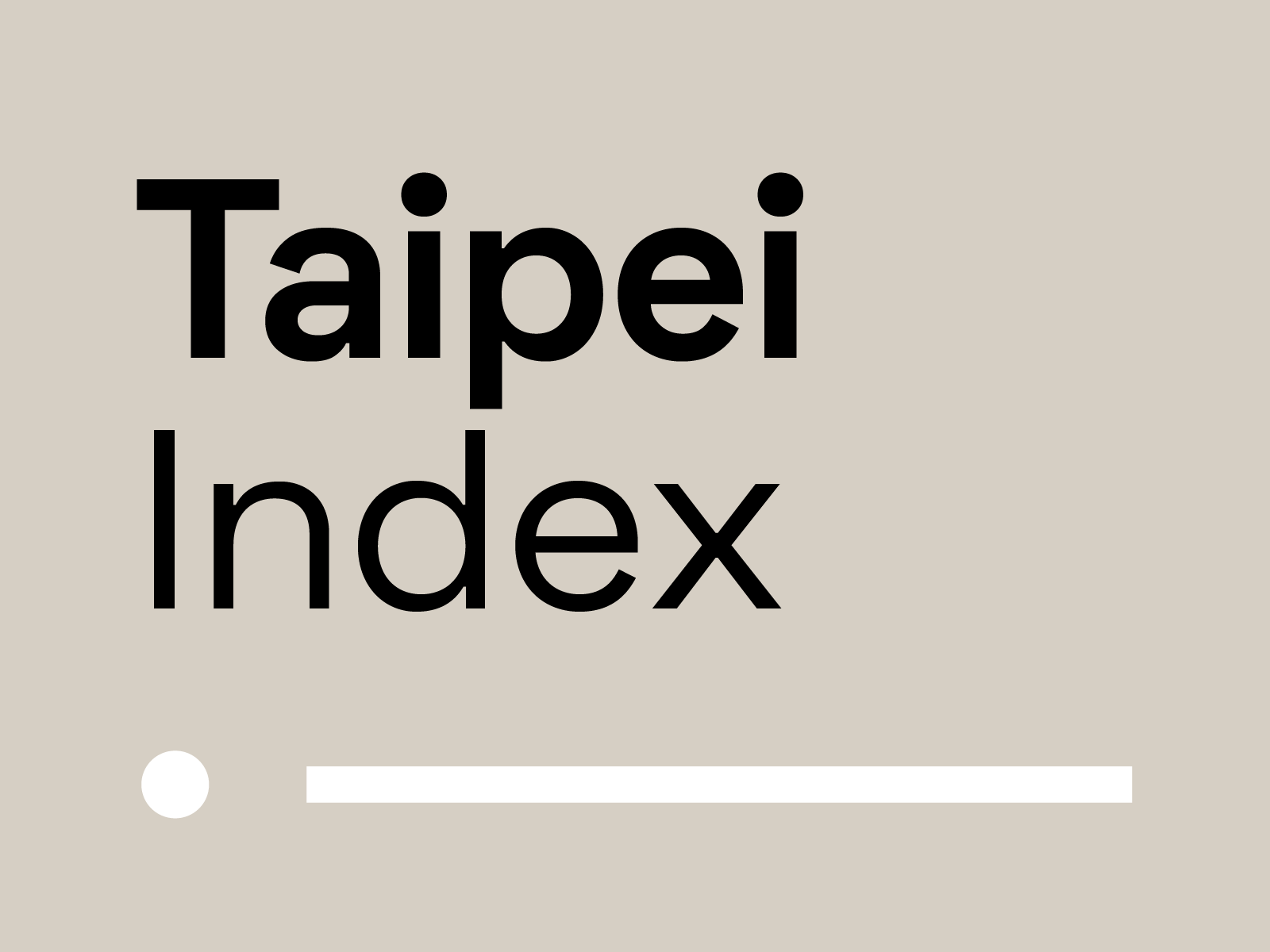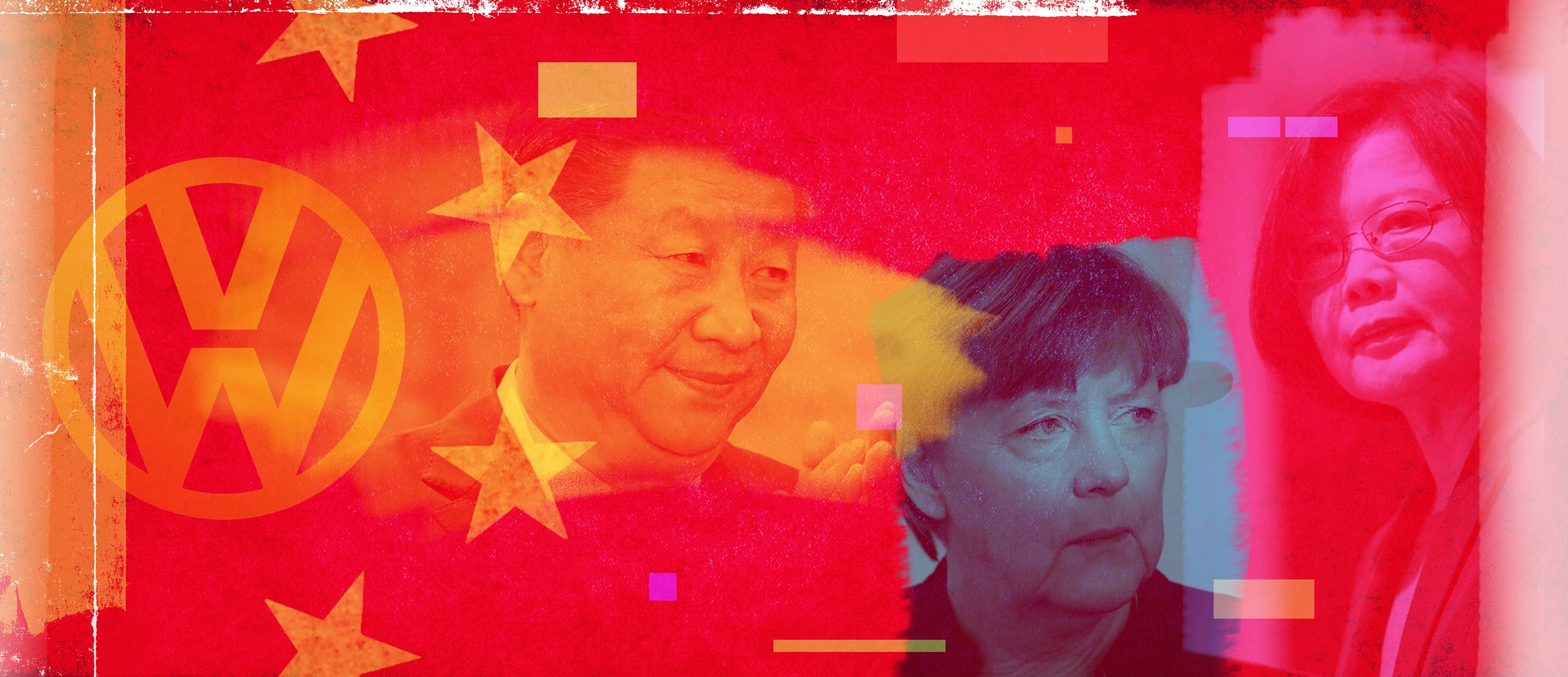
Is Germany Europe’s Weak Link When It Comes To Taiwan’s Safety?
Germany’s economic ties to China have been a barrier to it taking an unambiguous stance on the authoritarian state’s human rights violations and power expansion. Will it prove a risk for Taiwan’s ability to maintain democracy?
Antonia Märzhäuser April 20, 2021
In the beginning of 2021, amidst a two-month Covid lockdown, and with the temperature just below zero Celsius, things got heated at a Vietnamese Noodle shop in Berlin’s Kreuzberg neighborhood. After placing his order, a customer shouted racist insults at the owner, seemingly unprovoked. Witnesses said that, among other indignities, he yelled: “In the Federal Republic of Germany, Chinese people like you are not welcome. You are from a dictatorship country. Why are you even here?” Under normal circumstances, this incident would not have made a crease in the news cycle (doltish racism from intoxicated men is sadly common in Germany), if not for the fact that the offender was a Berlin politician from the Christian Democrats, which happens to be Angela Merkel’s party.
Two weeks prior, the European Union and China agreed on a massive investment deal poised to shape Europe’s and Germany’s future for decades. The Comprehensive Agreement on Investment (CAI), is heavily championed by chancellor Merkel, who pushed for its completion just before the end of 2020. The CAI is the result of seven years of diplomacy, and, in striking contrast to the message of the inebriated district politician, Merkel had left no doubt that the missive she hopes to convey to China is: “You are very, very welcome here.”
Germany’s handling of the agreement is emblematic of its general approach towards China in recent years. Agreements are rushed for the sake of swift economic relief, while long term political concerns are neglected, unnerving other EU countries and international allies. What does this mean for Taiwan? Germany’s reluctant response to China’s regional authoritarian actions undermines Taiwan’s rising economic standing and its emerging youthful democracy, particularly at a time when the events of the Hong Kong protests are still raw and tenuous.
At the beginning of the ’90s, China’s share of German exports stood below 1%. A quarter century later, China is Berlin’s largest trading partner, surpassing the U.S. This development can be traced back to Germany’s former chancellor Gerhard Schröder’s economic guidance, which was expanded and strengthened during Merkel’s sixteen years in office. During her administration, Merkel has visited China twelve times. Within that same span, she has only visited Japan six times. Merkel’s first China visit in 2006 with Prime Minister Wen Jiabao broadly outlined what their alliance would mean for Germany. During her two days in Beijing and Shanghai, nineteen contracts were signed and put into effect. Industrial manufacturer Siemens was awarded a lucrative contract to build up to 600 locomotives for China. Additional beneficiaries included SAP and Lufthansa. “German-Chinese relations have great potential. We want to expand these relations,” Merkel stated. At that time, Chinese economic growth was 12.7%, three times higher than Germany’s (3.8%).
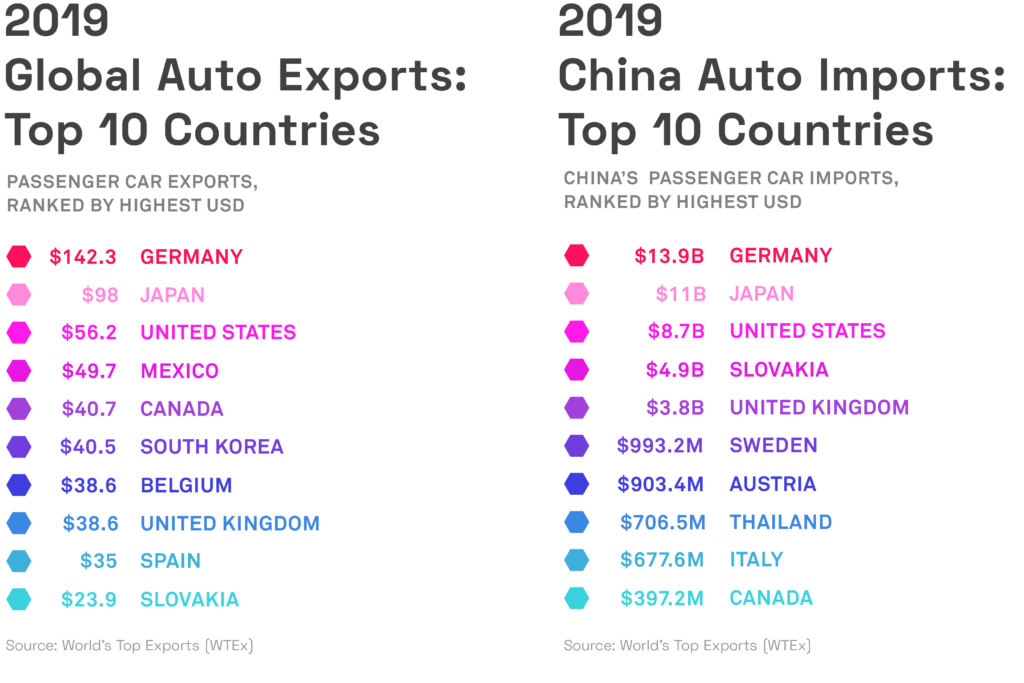
In the following years and amidst the financial crisis, the economic bond between the two countries tightened, and trade numbers rose 10% in 2008, enabling Germany to recover from its economic downturn. Civil rights issues were not entirely ignored, but only briefly touched upon: “The dialogue with the Dalai Lama is vitally important,” Merkel said in 2008. But in the same breath, she made it quite clear that Germany will not be moving away from the One-China Policy. But after 2013, as President Xi Jinping began to consolidate his power inside and outside China, relations became thornier. Germany could not continue as before, focusing solely on economic diplomacy while disregarding human rights issues. In 2015, only a few weeks after the Chinese government embarked on a nationwide crackdown on lawyers and activists where hundreds were jailed and placed under surveillance, Britain signed several multi-billion dollar trade deals with China, and its decision to roll out a red carpet to Xi was widely criticized by human rights groups. Merkel arrived in Beijing five days later, intent on avoiding making the same mistake. But, instead of confronting Xi directly on the issue, she met privately with human rights activists and lawyers the day before returning to Germany. This led to quite an agreeable discussion on bilateral trade ties with her Chinese counterpart, and earned her positive headlines back home.
In 2015, China announced their “Made in China 2025” plan. It was now clear that China would not be content with positioning itself merely as a global trade partner. The strategy called for China to rise as a global leader in ten core industries by 2025, through increased production in technology sectors, notably robotics, biotech and semiconductors. In other words, becoming a prime competitor for German industries. Concurrently, after years of double figure economic growth, Germany nervously observed China’s growth rate starting to decline. A survey published by the influential lobby group Federation of German Industries (BDI) concluded that the vulnerability of German companies against an emerging China was moderate. However, the study noted one exception: the automobile companies. To understand Germanys dictum to preserve gainful geopolitical and economic ties at any cost, it is crucial to look at the scale and scope of German carmakers in China. In a recent Politico article, Max Zenglein from Mercator Institute for China Studies (MERICS), summed it up as follows, “Europe’s weak point is Germany, and in Germany it’s the car industry, and in the car industry it’s Volkswagen.”
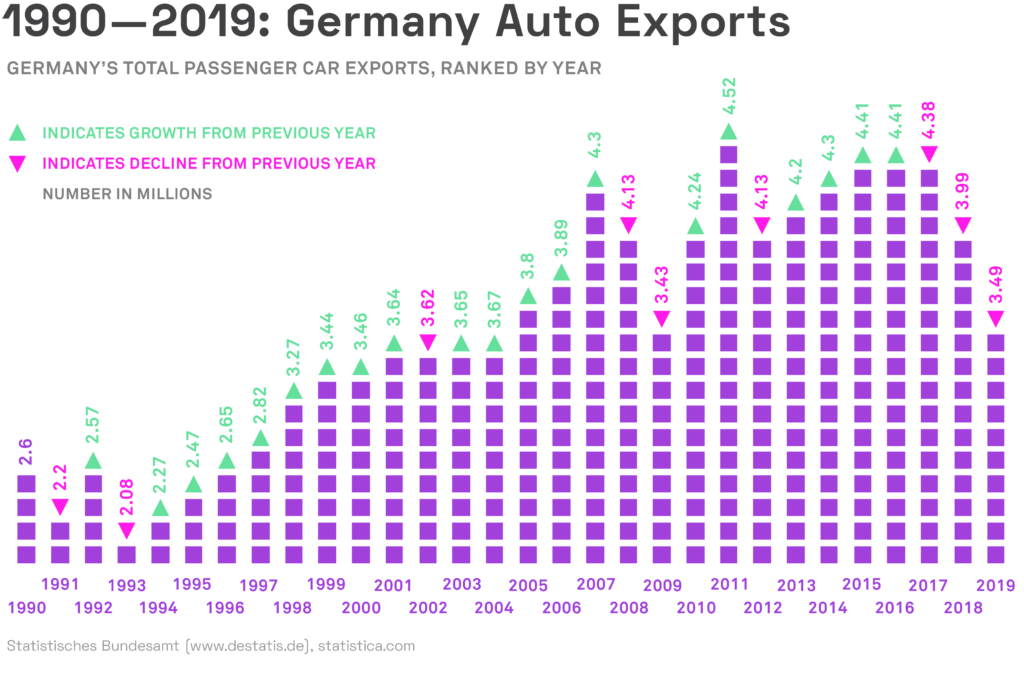
One year into the pandemic, German carmakers are still relying on an old formula. Ola Källenius, CEO of Daimler, expects Germany’s highest export growth rate to China during the next ten years. Hopes are that the same mechanisms will apply as they did a decade ago, when China helped German manufactures to recover quickly from the 2008 financial crisis. Asked about the risks of a growing dependency, Ferdinand Dudenhöffer vom Center for Automotive Research (CAR) framed his answer as a rhetorical question: “The question is which risk is greater, dependence on China or becoming a niche supplier in China?”
“Look at situations from all angles and you will become more open.” What sounds like a platitude from an inspirational quote calendar caused a stir in 2018, when Daimler appropriated this Dalai Lama quote for a Mercedes advertisement on Instagram. The post was deleted quickly, accompanied by an apology on Weibo for Daimler’s “extreme lapse” in judgement. This has become an all too common narrative – a German brand offends a Chinese political issue, a swift corporate apology follows, and business continues as usual. A questionable but common procedure in the world of globalized economics. But what about the political sphere? For decades the German government has been repeating the mantra Wandel durch Handel (“Change through Trade”), which embodies the belief that the closer the economic ties are, the more likely it is that China will follow the Western model. It is debatable if this notion is not only politically naive, but also built on a Western-centric conceit. But in the case of China it also proved to be flatly misguided. In a policy paper published in 2019 by BDI, it was noted: “For a long time it seemed as if China, through integration into the world economy, would gradually move towards the liberal, open market economies of the Western model (…). This convergence thesis is no longer tenable.”
Nevertheless, the German government maintains the Wandel durch Handel mantra. In September 2019, while hundreds of thousands in Hong Kong protested the new extradition security law, Merkel, accompanied by a large business delegation, traveled to Beijing. She attended a meeting of the Sino-German economic advisory committee, where she called on Chinese companies to invest more in Germany. She only briefly addressed Hong Kong, asking for a peaceful resolution, and making the issue little more than a footnote. When journalists revealed the cruelties occurring in Xinjiang, with millions of Uighurs held in detention camps, Germany’s response was again depressingly silent.
The German word Lippenbekenntnisse, which means “lip confessions”, best captures this lack of response. It is astonishing how many years these Lippenbekenntnisse have served as a calming alibi to continue with trade and corporate diplomacy. Since 1999, Germany and China have held an annual Menschenrechtsdialog (“German-Chinese Human Rights Dialogue”). In a recent press release, Bärbel Kofler, the Federal Government Commissioner for Human Rights Policy, expressed the current situation with distressing alarm and clarity: “For some time now, I have been observing how the human rights situation in China is deteriorating dramatically.” When the ‘re-education camps’ in Xinjiang and the civil and political rights in Hong Kong were addressed during the annual meeting last year, the Commissioner described the Chinese reaction as follows: “The Chinese side displayed no readiness to look in detail at concrete cases and processes.”
When Germany assumed the role of rotating presidency of the EU, some expressed hope that the country would use its influence to speak up on the various violations against human and international law, and perhaps even seek a European position on sanctions. Instead, Germany pushed for an agreement on the investment deal with China before the end of its presidency. But the German government underestimated the demands of the Members of the European Parliament (MEP), who have repeatedly called for sanctioning Chinese officials involved with the violations in Xinjiang. In March 2021 these sanctions where finally put into effect by the EU, blacklisting Chinese MP’s, and resulting in a wave of penalties against five MEPs, who to the Chinese government “harm China’s sovereignty and interests and maliciously spread lies and disinformation.” Suddenly the fate of the CAI deal and several years of German diplomacy was in jeopardy, a clear indication that the business-infused German diplomacy approach was not shared by all EU states.
With Hong Kong having lost their political battle, the question now turns to Taiwan, and whether it is looking at an equally bleak future. In 2019, Xi Jinping’s New Year’s speech made clear that he was striving to unify Taiwan, that Taiwan’s independence was a dead end, and that he would not dismiss a military solution to “solve” the Taiwan question. Many saw Xi’s speech as a response to the strong and effective politics of Taiwan’s President Tsai Ing-wen from the Democratic Progressive Party (DPP). Since the beginning of her term in 2016, China has continuously increased the pressure on Taiwan through economic sanctions (taking on curious proportions, as when China imposed an import ban on Taiwanese pineapples this past February), fake media campaigns, and further diplomatic global isolation. Although Taiwan has been extremely successful at combating the virus, it remains excluded from the World Health Organization (WHO) due to the objections of China and its desire to bring Taiwan back to its idealized “mother country”, which is demonstrated with military aircraft drills, the intervals of which have become more frequent.
When Tsai was re-elected in 2020, there were no calls of congratulations from Berlin, while other European leaders such as French president Emmanuel Macron delivered his applause publicly. Taiwan’s national flag is absent on the official German website of the Federal Foreign Office. Instead, a white rectangle sits, both a hollow trace of a missing official diplomatic statement and a binary mark of obedience to the One-China policy that the vast majority of countries are following. At this point, Taiwan is well acclimated to these symbolic measures implemented to appease China. Taiwan has been clever enough to avoid niggling over these microaggressions, and instead has proactively formed ties outside its official diplomatic sphere and beyond the media spotlight. The relationship between the EU and Taiwan has indeed been growing over the past years in various fields and levels, says Armin Ibitz, Chair of the Institute of European Studies at Wenzao Ursuline University. Ibitz explains that, from what he caught during conferences and discussions earlier this year, the CAI deal between the EU and China was not as poorly received in Taiwan, rather, it was seen as a chance to at last finalize a Taiwan-EU deal that only became possible due to the CAI agreement.
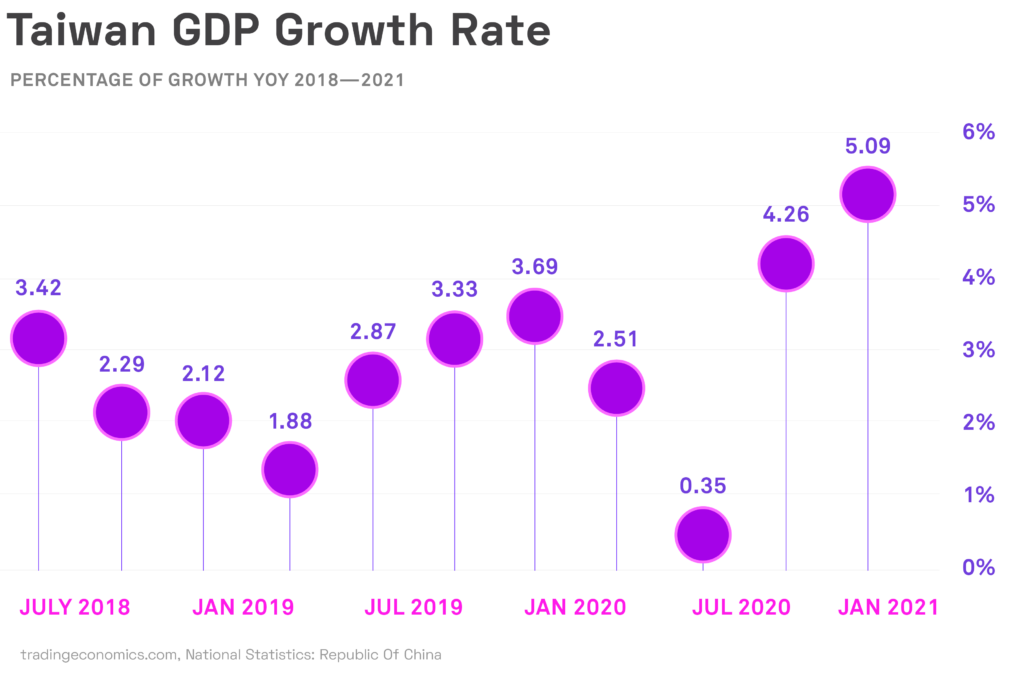
It is this pragmatism that Taiwan has employed to effectively carve out a place in a modern globalized world economy, an approach that also characterizes Taiwan’s relationship with Germany. When Germany stayed silent after China imposed the security law on Hong Kong, Ibitz says that the Taiwanese weren’t really shocked, because the disillusionment had set in much earlier. Taiwan recognizes that Germany is too economically tethered to China to openly condemn China’s thorny policy tactics. But when talking about Germany’s role within the EU in regards to China, Zsuzsa Anna Ferenczy, an expert in EU foreign policy with focus on EU-Asia and a former political advisor in the European Parliament, stresses that in order to get a full picture it is critical to look at the year 2016, when Chinese foreign direct investment (FDI) hit record levels and prompted the EU to start toughening its stance on China. “That was when the EU started to equip itself with tools that protect the EU’s interests against China and it was driven by Germany (along with Italy and France).” Ferenczy argues that the actions taken in 2016 set the tone for subsequent dialogue between the EU and China, most notably in 2019, when the EU named China “a systemic rival”, following China’s high profile acquisitions, such as German robotics manufacturer KUKA, as well as blue-chip companies like Italy’s Pirelli, the world’s fifth-largest tire maker.
Although Germany’s trade strategy has historically been pragmatic and cooperatively driven, its response to China’s FDI growth showed that the EU has more leverage than they often believe they possess. Ferenczy suggests that it is time for the EU to take the next step and “look at Taiwan as a sovereign nation, because so far we’ve only had a conversation on Taiwan starting from the EU-China context.” With China currently expanding its authoritarianism, along with the fracturing of US-China relations and the fragility of global supply chains, it is not only Taiwan who is in need of a diverse set of reliable partners. Ferenczy’s argument to look at Taiwan as an independent state is supported by the recent anxiety of global auto makers for Taiwanese semi-conductors.
Of all countries, it was Germany that was dealt the swiftest lesson. Due to an immense increase in global chip demand, Germany’s mighty car producers such as Audi and VW found themselves suddenly in short supply of the necessary chips for the digital onboard systems in every vehicle, and had to put entire production lines on pause – a problematic situation for a country that relies heavily on its car production. Peter Altmaier, Germany’s Economy Minister, appealed to the Taiwanese government asking to boost production. Suddenly, Taiwan was asked to play savior. But it was not left unnoticed that the German government tends to grant attention to Taiwan only when absolutely necessary. In an opinion piece in the Taipei Times, author Chang Feng-lin outlines a list of occasions when Taiwan was ignored or put at a disadvantage by Germany, notably when Germany refused to authorize arms sales to Taiwan, both in the mid-‘80s and in the early 2000s. Then there is the recent discourtesy of Taiwan sending one million masks to Germany at the beginning of the pandemic, without a thank-you or acknowledgment in return, which raises the question as to why Taiwan should now rush its production of semiconductors for Germany’s sake? Ferenczy believes that given Taiwan’s extremely complex political situation and its exclusion from international organizations and official avenues of diplomacy, symbolism in fact, does matter.
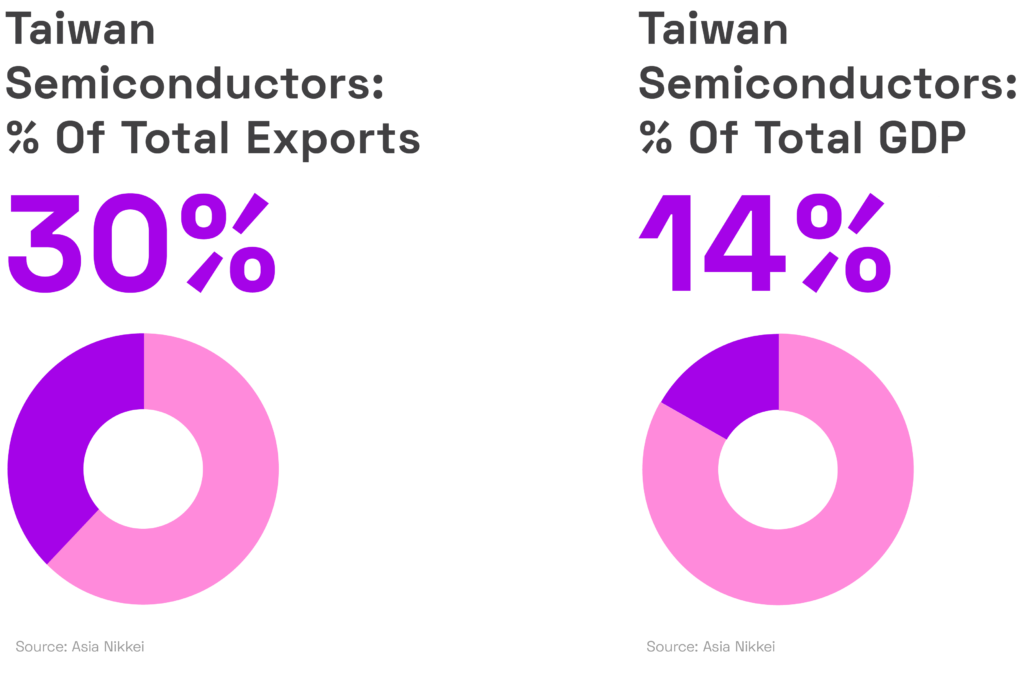
It appears that the German government still fails to grasp that nuance, while other countries, as well as the EU, have. “The fact that Ursula von der Leyen (President of the EU commission) in April tweeted and thanked Taiwan for the masks, is still a huge precedent because you can now build up on it,” says Ferenczy. During the pandemic, Taiwan demonstrated how valuable it can be as a global partner. “Taiwan received a lot of sympathy in the last year for its health management and I think Taiwan needs to use this momentum. At the same time, as a global leader in the semiconductor industry, Taiwan should use its tech prowess in critical technologies as leverage to circumvent its diplomatic isolation”, says Ferenczy. On the other side, Germany will have to ask itself what a relationship with Taiwan could look like. If they want to count on Taiwan as a partner, they will need to progress towards a more reciprocal alliance. That would require not only a change of perspective, but a willingness to see a relationship with Taiwan as an independent and democratic ally, rather than a threat to China. In doing so, Germany does not have to willfully abandon its preferred approach of a business-driven diplomacy, as turning towards Taiwan would appear to be a sound strategy given the importance of the semi-conductor industry and its role in the years to come.
But it is not just external factors that will affect Germany’s relationship with Taiwan. After sixteen years in office, Merkel’s time as chancellor will come to an end at the end of this year. It is not completely unrealistic that the next chancellor could rise from Germany’s Green Party, which would make a new assessment on China policies more likely. As a member of the German Green party and the European Parliament, Reinhard Bütikofer, Chair of Delegation for relations with the People’s Republic of China, has been a reliably loud voice in demanding sanctions against Chinese officials and their violations against civil freedoms. He has also repeatedly declared that Beijing will increasingly use its economic power as political leverage against the EU. It has been thirty years since the EU last imposed sanctions on China. 2021 will be a crucial year for how China-EU relations progress, and a good moment to re-evaluate the German-China trade relationship from a different angle and raise the question of whether the perceived importance of the Chinese market is actually bigger than the reality. Europe is by far Germany’s most significant export market (in 2018 China only ranked third at 7.1 percent), after the United States (8.7 percent) and Europe (68.5 percent).
For Taiwan, the coming year will also be significant in terms of transforming the international acclaim gained during the pandemic into reliable alliances. “Taiwan never had a choice other than being very good at whatever they do, in order to survive in the direct present of a threatening neighbor”, Armin Ibitz says, but he fears that this excellence could further provoke China. China has tried to advance its own semiconductor industry and play catch-up, but is still behind Taiwan’s level. “2021 could be a critical year, when the shortage of chips becomes even greater and China is unable to catch up. Then China has another reason to gain greater control over Taiwan”, Ibitz says. For Germany and Taiwan, it will be an economic and political balancing act that they will need to navigate together. A cooperative that is crucial for confronting the challenges of a near future.
Antonia Märzhäuser (@Esther_Green) is a freelance journalist and a frequent contributor to German public broadcaster ARD.

